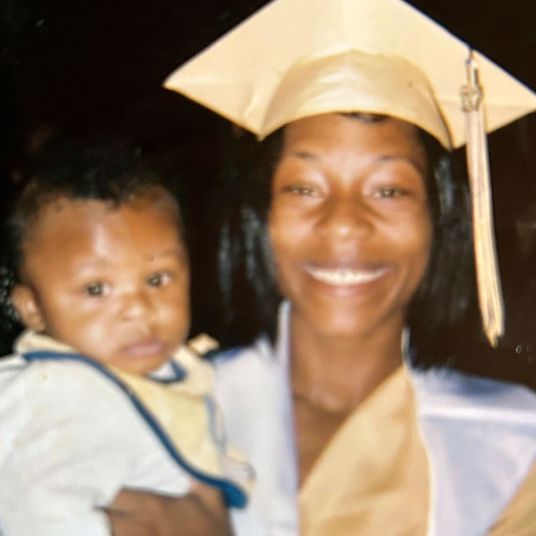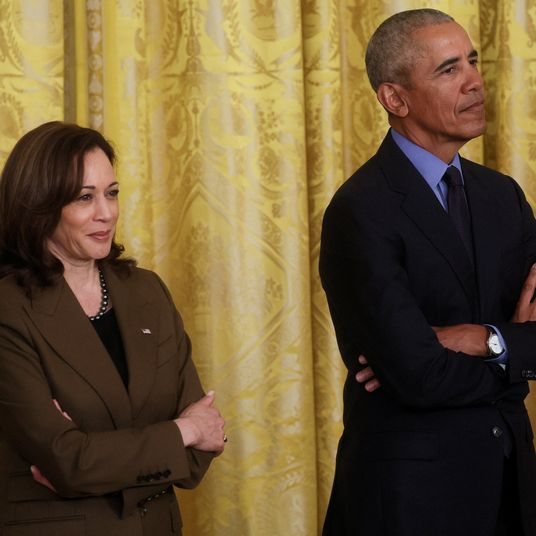
The end of Roe provoked a question: What’s next for the activists who killed it? A national abortion ban and the erosion of contraceptives access are likely next. Yet abortion opponents are keen to encourage a sense of complacency. “There is no formal organized movement to ban birth control, and to suggest so is political demagoguery,” Roger Severino of the Heritage Foundation told the Washington Post this week. “It’s silly to think contraceptives are at risk.” Severino is not being fully honest. As the Post makes clear, some anti-abortion activists falsely say that certain forms of contraception are abortifacient. Severino is the vice-president of domestic policy at Heritage, one of the leading groups behind the Project 2025 plan to remake government in the image of the Christian right under a second Trump administration. Should rhetoric become policy, contraception access will undoubtedly suffer — no matter what Severino says.
The Idaho Family Policy Center has called on state lawmakers to ban access to emergency contraception and IUDs. “We’re not opposed to all types of birth control or family planning,” Blaine Conzatti, the group’s president, told the Post. “We’re simply saying that state policy should be consistent and recognize the rights of all preborn children once fertilization has occurred and a new life has been created.” Conzatti’s statement is not just misleading but false. Emergency contraception prevents fertilization from occurring, and IUDs do the same. Although both medications can also thin the uterine lining, which “could” prevent a fertilized egg from implanting, this does not mean they cause abortions, as the Post points out. Nevertheless, there’s something revealing about Conzatti’s falsehood, especially when it is considered alongside Severino’s remarks. They belong to a movement that has always trafficked in subterfuge and misinformation.
Anti-abortion lies stretch back to the inception of the movement. Activists have long claimed, falsely, that abortion is bad for women, that it consistently inflicts psychological trauma and can lead to physical complications, even breast cancer, later in life. There’s no evidence to support either claim. But the idea that abortion harms women persists because it is so integral to the anti-abortion movement’s marketing. “We must change the abortion debate so that we are arguing with our opponents on their own turf, on the issue of defending the interests of women,” activist David Reardon wrote in his 1996 book, Making Abortion Rare. The movement tries to persuade the public by insisting it can protect women and fetuses alike or “value them both.” This typically doesn’t work, but the movement is inventive. Activists find new ways to lie all the time.
In 2015, David Daleiden released a series of videos that were misleadingly edited to make it appear as though Planned Parenthood sold fetal remains for profit. Susan B. Anthony Pro-Life America is named for another falsehood. There’s no substantiated evidence that the suffragette ever opposed abortion, as journalists Elizabeth Dias and Lisa Lerer document in their new book, The Fall of Roe. But the lie lends a sense of gravity and intellectual heft to the group and its work, and so it remains. Crisis pregnancy centers lie to women all the time. They’re designed to resemble abortion clinics, but women often don’t discover that they can’t receive a full range of reproductive care until they’re already inside. Once they’ve arrived, they’ll likely hear more lies, intended to scare them away from abortion care. When two NBC News producers visited state-funded Texas CPCs in 2022, “counselors told them that abortions caused mental illness and implied abortions could also cause cancer and infertility.” Sound familiar?
Given the movement’s record, it’s impossible to trust Severino when he says that contraceptives are not at risk. And it’s hardly shocking that Conzatti would mislead people about contraception and how it works. Conzatti is also not the only abortion opponent with contraception in his sights. Kristan Hawkins, the head of Students for Life, has adopted a similar tone. “‘Access’ to contraception represents a fake crisis and is often pushed as an attempt by those who do not respect Life in the womb to either replace the issue of abortion with a pill or to force a competing agenda,” she posted on X this week. The movement has to lie because the truth isn’t on its side. Abortion doesn’t harm women. A lack of abortion access harms women.
Here’s a bit of truth. OB/GYNs often leave states that severely restrict abortion care. Women thus lack adequate reproductive health options — and because OB/GYNs screen for domestic violence, they could also lose access to resources and support. The Turnaway Study found that women who were denied an abortion and later gave birth “experienced an increase in household poverty lasting at least four years relative to those who received an abortion.” An abortion denial also “lowered a woman’s credit score, increased a woman’s amount of debt and increased the number of their negative public financial records, such as bankruptcies and evictions,” and made it more likely that women remained with an abusive partner. If that bothers the anti-abortion movement, it doesn’t show. Welfare expansion would not eliminate the need for abortion care, but it could help limit economic pressure as a reason to end a pregnancy. Yet most activists are silent on the subject. Instead, they lie — to women, to the nation, perhaps even to themselves.
Reardon’s advice — to cast abortion as a harm to women — hasn’t worked for the movement. An emphasis on protecting fetal life hasn’t worked either. Most Americans believe that abortion should remain legal and oppose the Supreme Court’s ruling in Dobbs. Contraception is even more popular, which means that Conzatti and his allies face a difficult road ahead if they wish to win through popular means. But they don’t. There’s a reason they had to kill Roe via the Supreme Court and not the ballot box. They have to rely on anti-democratic methods — and lies — to win. Don’t believe their falsehoods. They are coming for contraception next.
More on Life After Roe
- Would Trump Use a 150-Year-Old Law to Restrict Abortion?
- Southern Baptists’ Attack on IVF Will Likely Backfire
- The Supreme Court Didn’t Crush Abortion Rights for Once






























